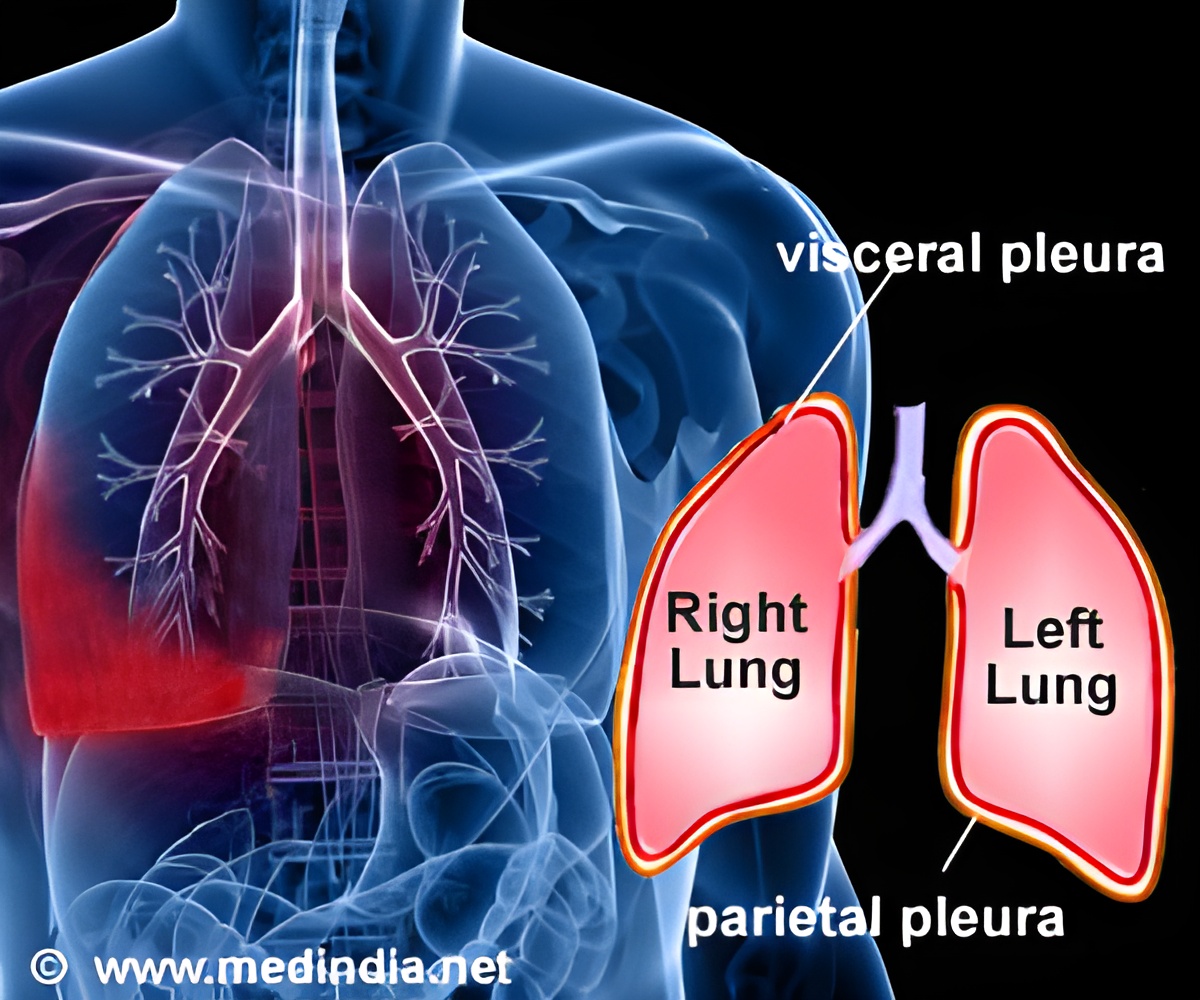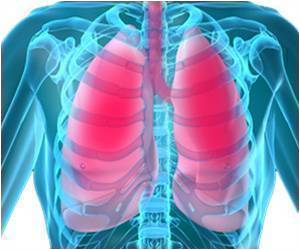Pleuritic chest pain is a symptom of some other primary disease. Treatment choices include NSAIDs (indomethacin) and opioid analgesics that reduce the pain.

Pleurisy can occur in a variety of diseases, e.g. pulmonary embolism, pneumonia, pleural malignancy, myocardial infarction or pneumothorax, which are diagnosed based on chest x-ray or CT scan findings. An ECG is performed if myocardial infarction, pulmonary embolism or pericarditis is suspected. Often the source of pleurisy is determined by the when the onset of symptoms occurs: acute, sub-acute, chronic or recurrent.
Trauma, cardiac injury, infection, respiratory illness, medication toxicity, autoimmune disease and cancer are frequent causes of pleurisy. A 1966-1998 review by Morelock and Sahn documented which drugs are linked to pleural disease.
Treatment options for pleurisy are based on reducing chest pain and treating the fundamental disease. Pleuritic chest pain is treated with NSAIDs (non-steroidal anti-inflammatory drugs) such as indomethacin to reduce pleural inflammation and, if need be, opioid analgesics are used. Indomethacin provided pain-relief in nearly 65% of the patients. Tricyclic antidepressants or anticonvulsants may be used to treat neuropathic and pleuritic pain syndromes.
For pneumothorax (air in the pleura space causes inflammation) there are no definitive drug treatments. The patients with tension pneumothorax is closely monitored and treated with local anesthetic drugs. In the case of pulmonary embolism (embolus causes inflammation) treatment is based on latest clinical guidelines.
Pleural malignancies may be localized or result from external cancers (e.g., mesothelioma). Initial treatment includes NSAIDs and opioid analgesics for pain management. Radiotherapy is an option for managing pain and has been reported to be effective in nearly 60% of mesothelioma patients. Pneumonia patients are treated, based on micro-organism involved, with antimicrobial agents.
Reference: Pleurisy: Symptom or Condition?; Jennifer Confer et al; US Pharm. 2012;37(7):HS-9-HS-12.
 MEDINDIA
MEDINDIA




 Email
Email










